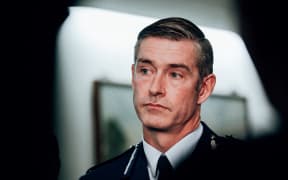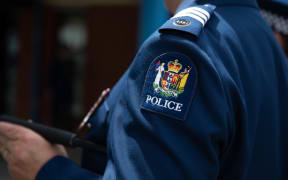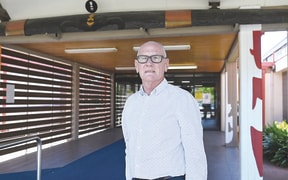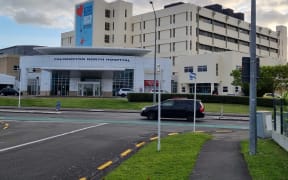The Mental Health Foundation says reports the police are cancelling, or not responding to, half of all mental health callouts is disturbing and illustrates the sheer scale of the country's mental health crisis.
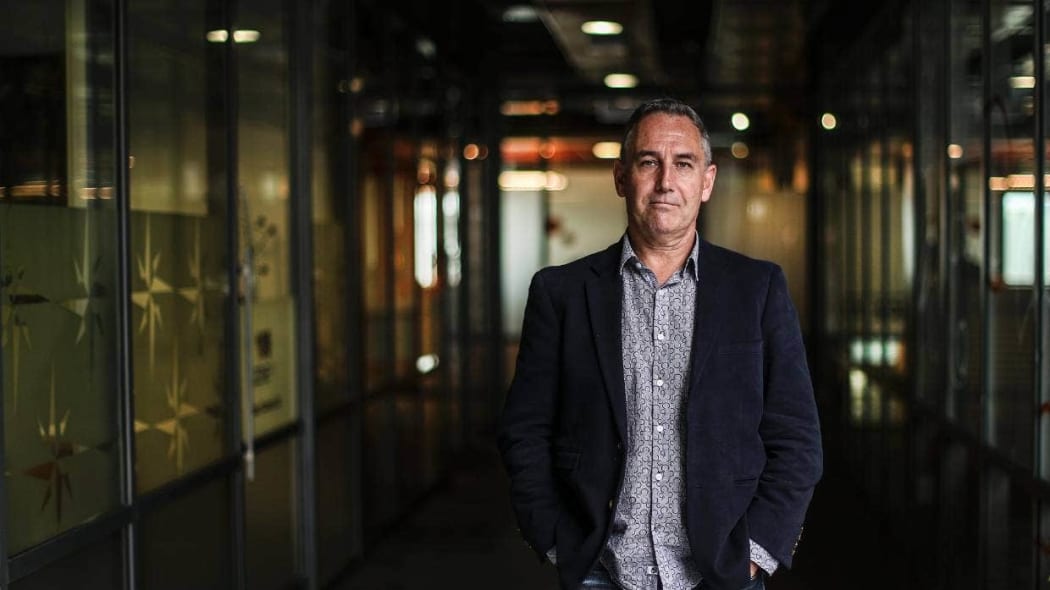
Mental Health Foundation chief executive Shaun Robinson says the pressure frontline police are under dealing with mental health callouts shows the system is failing. Photo: CHRIS SKELTON/STUFF
Figures released by police in June showed frontline staff in south Auckland were under pressure dealing with increasing numbers of people who were intoxicated, or had mental health issues.
The data showed police across the country had referred almost 1000 people with mental health and addiction issues to hospital emergency departments since 2014.
The latest police annual report states that frontline staff nationwide have experienced a 60 percent increase in calls for service for both family harm and mental health-related events over the past five years. And they continue to be the key first responders to incidents involving mental distress.
"As a result, around half of all mental health callouts were cancelled by police communications centres without us attending them due to even higher priority emergency events."
Police Commissioner Andrew Coster has also spoken on the issue.
"Demand in these areas continues to grow, which requires our staff to prioritise and manage competing demands in real time given the resources available on any particular shift and can impact on those things we can respond to and our response times," he said.
But Mental Health Foundation chief executive Shaun Robinson said the report is an indictment of the country's mental health system.
He said that, over the past decade, the police have played an ever increasing role in mental health as responders of last resort.
"But the system is so bad that the police are now saying, 'We can't do this,'" Robinson said. "This isn't new, but we've been underestimating the size of our mental health crisis.
"I do think the police do their best and I'm not criticising them. But they are not a mental health service."
Robinson said one solution would be to use mental health support teams to work closely with police and attend such callouts. He said this approach is common in other countries and would help people who are in mental distress.
Robinson said in areas like south Auckland, which have high rates of people affected by mental health issues, different methods need to be looked at.
He said someone in mental distress might not respond well to being approached by police, especially if they have previously had bad experiences with the authorities.
"But if the person who approaches them is someone who understands the situation and maybe looks like them, there's a much better chance of de-escalating the situation."
Last month, Counties Manukau DHB said it had experienced a surge in mental health and addiction services admissions since September as a result of the latest Covid-19 outbreak.
Counties Manukau Health's mental health and addiction services general manager Charles Tutagalevao confirmed there had been a sudden rise in admissions to its Tiaho Mai mental health unit in September. This included a number of alcohol and drug-related cases.
There has also been an increase in young people presenting at Middlemore Hospital's emergency department in October with "anxiety-related distress" issues.
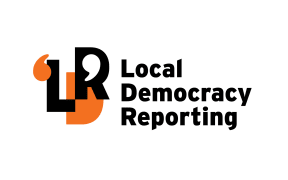
Local Democracy Reporting is a public interest news service supported by RNZ, the News Publishers' Association and NZ On Air.

